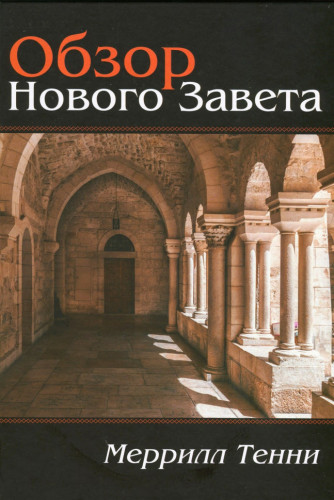
Asquith - Concise Dictionary of Pastoral Care and Counseling
Glenn H. Asquith Jr. - Concise Dictionary of Pastoral Care and Counseling
Nashville, TN: Abington Press, 2010. – 326 p.
ISBN 978-1-4267-0231-0
Early in June 1988, after having been invited by Dr. Rodney J. Hunter and Abingdon Press to serve as principal editorial consultant for the original Dictionary of Pastoral Care and Counseling (DPCC), I stood in Rod's office at Candler School of Theology, about to turn a major corner in my professional and academic career. Rod gestured toward an entire wall of shelves in his office, containing 5,200 pages of paper manuscript, and said, "This is what we have to read and edit in the next six months!" The Mission Impossible theme started playing in my head and continued on and off through days of monastic existence in a cubicle at Woodruff Library and several sometimes painful editorial meetings with Abingdon Press, where our progress and even the feasibility of the project were questioned. I celebrated with my colleagues in the spring of 1990 when the final product appeared on the market, the culmination of a decade of hard and inspired work by a team of leaders in our field, led by Rod Hunter. The original DPCC was the first-ever major reference work in the field, designed to help further define the parameters, theological framework, and methodology of pastoral care and counseling at that point in time.
Almost exactly twenty years after my first encounter with the DPCC, Dr. Kathy Armistead, editor at Abingdon Press, offered me another "mission impossible," the result of which is presented herewith. Abingdon was conceiving a Concise Dictionary of Pastoral Care and Counseling. My job, should I choose to accept it, was to take the "classic, timeless articles" from the original DPCC (not including the supplemental articles in the 2005 expanded edition) that still address the history, critical issues, and methodology of pastoral care and counseling and combine them in topical chapters that would be useful to students and practitioners. In this process, some of the original articles have been shortened and updated, and seven new articles have been added that address important topics in contemporary pastoral care and counseling.
I have written a short introduction to each of the topical chapters that follow, summarizing the contents, frame of reference, and rationale for the articles in that group. In this combined presentation of classic and contemporary articles, consideration is given to the "long history" of the religious and theological traditions that inform pastoral care and counseling and the "short history" of the behavioral and social science insights that shape the methods of pastoral care and counseling. Good pastoral theological method (and good pastoral theology) weaves both of these histories together to address the whole person in the contemporary world who is seeking to faithfully live his or her life in the context of eternal spiritual and theological truths.
This last statement constitutes our "working philosophy" in the selection of articles to include in this volume. The definitions presented in chapter 1 involve the perspectives of history, theology, and contemporary practice that inform the field. Some are about counseling methodologies, some are about clinical and pastoral terms, and some are about theological concepts that inform practice.
* * *
BLACK MUSLIM CARE AND COUNSELING
"Black Muslims" is a pseudonym for the Nation of Islam organization, headed by the Honorable Elijah Muhammad ("the Messenger of Allah to the Black Man in America") until his death in 1975. Under the leadership of his son Imam Warith Deen Muhammad, the doctrinally new organization was most recently known as the American Muslim Mission. Dissolved in 1985, the former masajid (Arabic plural of masjid, mosque) became administratively independent; the former Chicago headquarters is known as Masjid Elijah Muhammad. Despite some similarities, this article does not concern the present Nation of Islam, also called the Black Muslims, led by Minister Louis Farrakhan.
Counseling in the Nation and its successor organizations was based on the premise that African Americans ("Bilalians," "Afro Americans," or "black Americans") are in need of religious and social rehabilitation. During the time of Elijah Muhammad, the rehabilitation program began with the formal "acceptance of Islam," that is, conversion to his heterodoxy. His weekly sermon, radio broadcast, and column in the Nation's organ Muhammad Speaks were concerned with solutions to the psychological and social conditions of African Americans.
Adult males became members of the Fruit of Islam (FOI). They were taught the dietary laws of Islam, physical fitness and defense, personal hygiene, proper dress, and behavior. They were encouraged to be selfrespecting, industrious, supportive of their families, and law-abiding citizens. Indulgence in drugs, smoking, gambling, fornication, adultery, and criminal activities was proscribed. A member who was known to have such proclivities was given special attention in a private or group session. He was encouraged to sever unnecessary associations with females and nonmembers of the Nation. If he violated the behavior code, he was subject to a "trial" before the membership; if found guilty, he was reprimanded severely, suspended for a period, or both.
Adult females became members of the Muslim Girls Training and General Civilization Class (MGT and GCC) and received guidance similar to that of the males. They learned home economics and were taught to be respectful and obedient to their fathers and husbands, within the framework of the Islamic code of conduct. They were required to cover their heads, bosoms, arms, and legs in public, including the workplace.
Young students received care and counseling in the Universities of Islam, the Nation's primary and secondary schools, now called Sister Clara Muhammad Schools.
Under Warith Muhammad, Muslims were urged to seek guidance from the Qur'an (Koran), Hadith (sayings of the Prophet Muhammad), and khutbas ("sermons") of Imam Muhammad himself and other imams. Members received guidance from the group's weekly newspaper, Muslim Journal, which contained the following regular columns: "Imam W. Deen Muhammad of Masjid Elijah Muhammad," "A Message of Concern to the American People," "Observations," "Science and Health," "Family Life," "The Holy Qur'an," "Hadith," "Mind Matters," "Your Health from a Dental Point of View," and "Small Business." Also, a growing number of books and audio recordings on religious, theological, psychological, marital, and social matters were available for purchase. Muslim prisoners had access to Muslim chaplains, as well as to printed materials. All members could address queries to the editor of the Muslim Journal.
A. MUHAMMAD
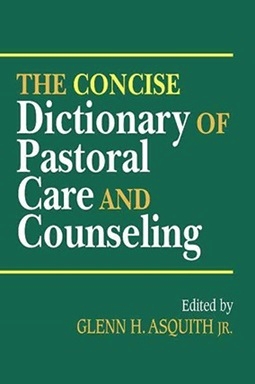
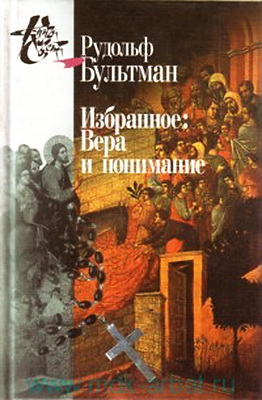

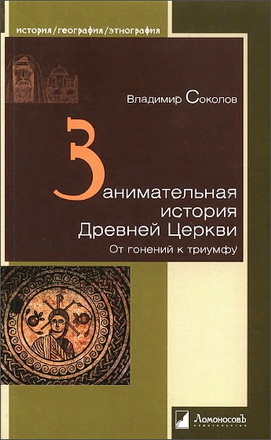
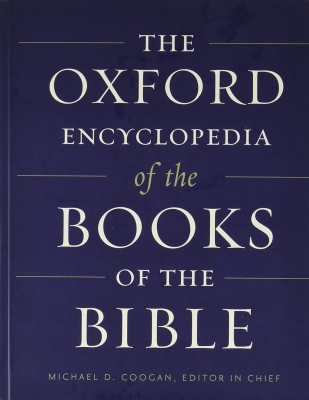
Комментарии
Пока нет комментариев. Будьте первым!